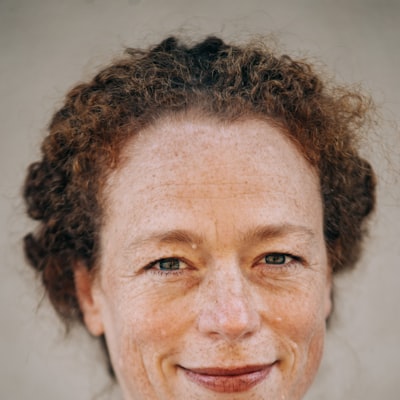The 6-Minute Rule for "Can a Machine Help You Sleep Better? CES Experts Weigh In"

CES, or the Consumer Electronics Show, is an yearly event that showcases the latest and ultimate in modern technology. While it has traditionally been centered on devices like smartphones and laptops, current years have seen a increasing focus on wellness and well-being products. One region where this style has been especially pronounced is in sleep modern technology.
For decades, folks have count on traditional approaches for improving their rest: pleasant bed mattress and pillows, soothing teas or scorching baths just before bed, and maybe some white colored sound if they're specifically sensitive to sound. However, along with innovations in sensor innovation and information study, CES exhibitors are now making tools that can easily track everything coming from your center fee to your Rapid eye movement patterns.
Answers Shown Here of the very most popular types of rest technology at CES are wise mattress. These cushions include built-in sensing units that track your activities throughout the evening to identify when you're in deeper rest versus light sleeping. They may also adjust the temperature level of the bed located on your body system's requirements – if you have a tendency to get very hot at evening, for example, the bed mattress may cool down down automatically to aid you remain pleasant.
One more well-liked product group is wearable sleeping systems. These devices come in many forms – wristbands, bands, headpieces – but they all function through monitoring physiological information like center fee irregularity and body system temperature level while you're asleep. Along with this info, they may offer knowledge right into how long it takes you to drop asleep each night or how typically you wake up in the course of the evening.

Having said that, accumulating all this information is just half the war – what do we do with it? That's where man-made intelligence (AI) happens in. Several of these devices use maker finding out algorithms to evaluate users' sleeping patterns over opportunity and create personalized recommendations for renovation.
For instance, imagine a customer who consistently wakes up really feeling dazed despite receiving what must be a total evening's rest. Their wearable tracker might observe that their center rate increases multiple opportunities throughout the evening – suggesting time frames of worry or stress and anxiety – and advise some leisure exercises to help them wind down prior to bed. Or, if their wise bed finds that they tend to move about a whole lot in the course of the night, it could propose trying a various cushion or cushion type that better sustains their body.
Of course, there are privacy concerns affiliated along with gathering thus a lot personal information regarding our sleeping routines. Some critics worry that this information could possibly be utilized through insurance firms or companies to differentiate versus individuals who don't receive adequate rest. Having said that, a lot of CES exhibitors are taking measures to attend to these concerns through offering customers additional command over their record and stressing transparency in how it's utilized.
In general, CES is showing to be a game-changer when it comes to how we assume concerning rest. By integrating sensor innovation with AI and device learning, we're capable to acquire brand-new knowledge right into what affects our rest and how we can easily enhance it for far better health and wellness and productivity. As these products ended up being much more mainstream – and budget friendly – we may observe far fewer people having a hard time along with severe rest starvation or resorting to dangerous sleep aids.
